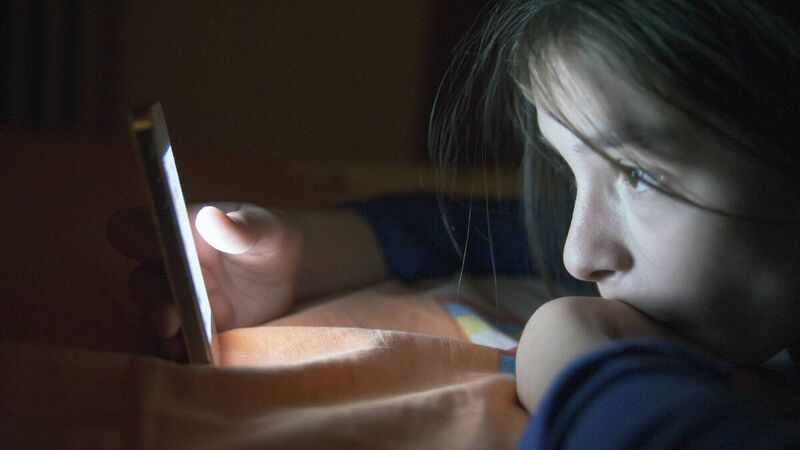Nearly third of children 'can go online whenever I want' with TikTok most popular app

A report which is being published to mark Safer Internet Day shows 92% of children own their own smart device, including 89% of nine-year-olds.
More children are now regularly accessing social media apps since the onset of the pandemic, with parents being warned to remain vigilant against the risks associated with increased time spent online.
New data from online safety charity CyberSafeKids shows that of more than 2,000 children aged eight-12 who were surveyed, 82% are now using social media apps. Last September, the charity's annual report showed that in 2019 that figure was 65%.










